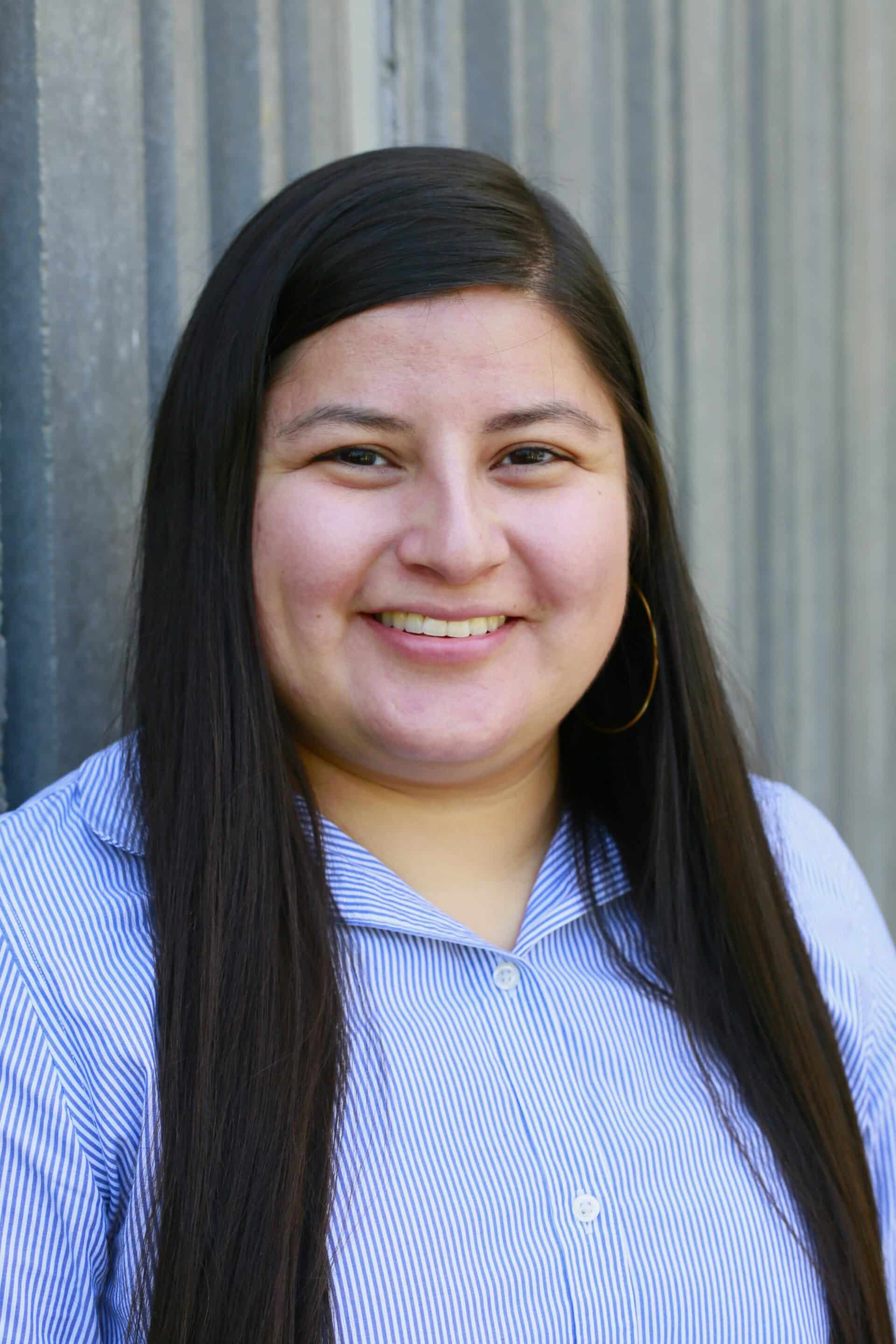Latina bilingual paraeducators as sociocultural mediators of language and literacies: in accompaniment with bi/multilingual youth in secondary schools
Elizabeth Castro
About the research
Award
NAEd/Spencer Dissertation Fellowship
Award Year
2024
Institution
University of California, Davis
Primary Discipline
Literacy and/or English/Language Education
Bilingual paraeducators provide classroom instructional support to linguistically diverse young people including immigrant, refugee, migrant, and newcomer students in the United States. Although the role of paraeducators is outlined in policy, in practice, teachers may receive limited training on leveraging the roles of bilingual paraeducators.
Situated in rural/suburban secondary schools in California, my ethnographic research centers four Latina bilingual paraeducators who work in accompaniment with emergent bi/multilingual students, documenting crucial transitions across different secondary classrooms and disciplines.
Grounded in sociocultural perspectives on language, literacy and learning, my research engages with scholarship on translanguaging, language ideologies, and raciolinguistic ideologies. As part of analyzing everyday language and literacy practices and shifts in student learning and participation, this study employs discourse analysis of language and paralinguistic cues, maps out movement across learning contexts, and follows the co-creation of print and digital texts. Through classroom observations and interviews, this study inquires how bilingual paraeducators navigate social and linguistic tensions they encounter in their roles as they currently exist.
This study positions Latina bilingual paraeducators as consequential sociocultural mediators and contributors to young people’s well-being, school participation, and belonging in school. Paraeducator-youth relationships emerge as sites of potential, validation, resistance, and joy.
About Elizabeth Castro

Elizabeth Castro is a doctoral candidate at the University of California, Davis in the School of Education with an emphasis in Language, Literacy, and Culture. As part of larger movements in education, she is interested in the ways language and literacy practices manifest ingenuity and joy in secondary schools. Her dissertation is an ethnographic study that centers bilingual Latina paraeducators as they work alongside emergent bilingual students – examining the ways paraeducators engage with students’ communicative repertoires and how they support learning and participation. Her research draws on sociocultural and translanguaging approaches to education, language ideologies, and a raciolinguistic ideological lens. Elizabeth is part of a research team that works with early career teachers of color. Their gatherings have focused on the development of classrooms as spaces that reflect communicative belonging, joy, and freedom dreaming.
Before graduate school, Elizabeth served high school students in rural Washington. She is part of a migrant and immigrant farmworking family from Veracruz, Mexico, and rural eastern Washington. She further aims to address the intersections between race and language within rural communities of color. She received an Ed.M. from the Harvard Graduate School of Education, a BA in international studies from the University of Washington – Seattle, and an AA from Columbia Basin College. She has been a UW CAMP scholar, a McNair scholar, and a Fulbright scholar to Mexico City. At UC Davis, she has been a recipient of the Dean’s Distinguished Graduate Fellowship.
